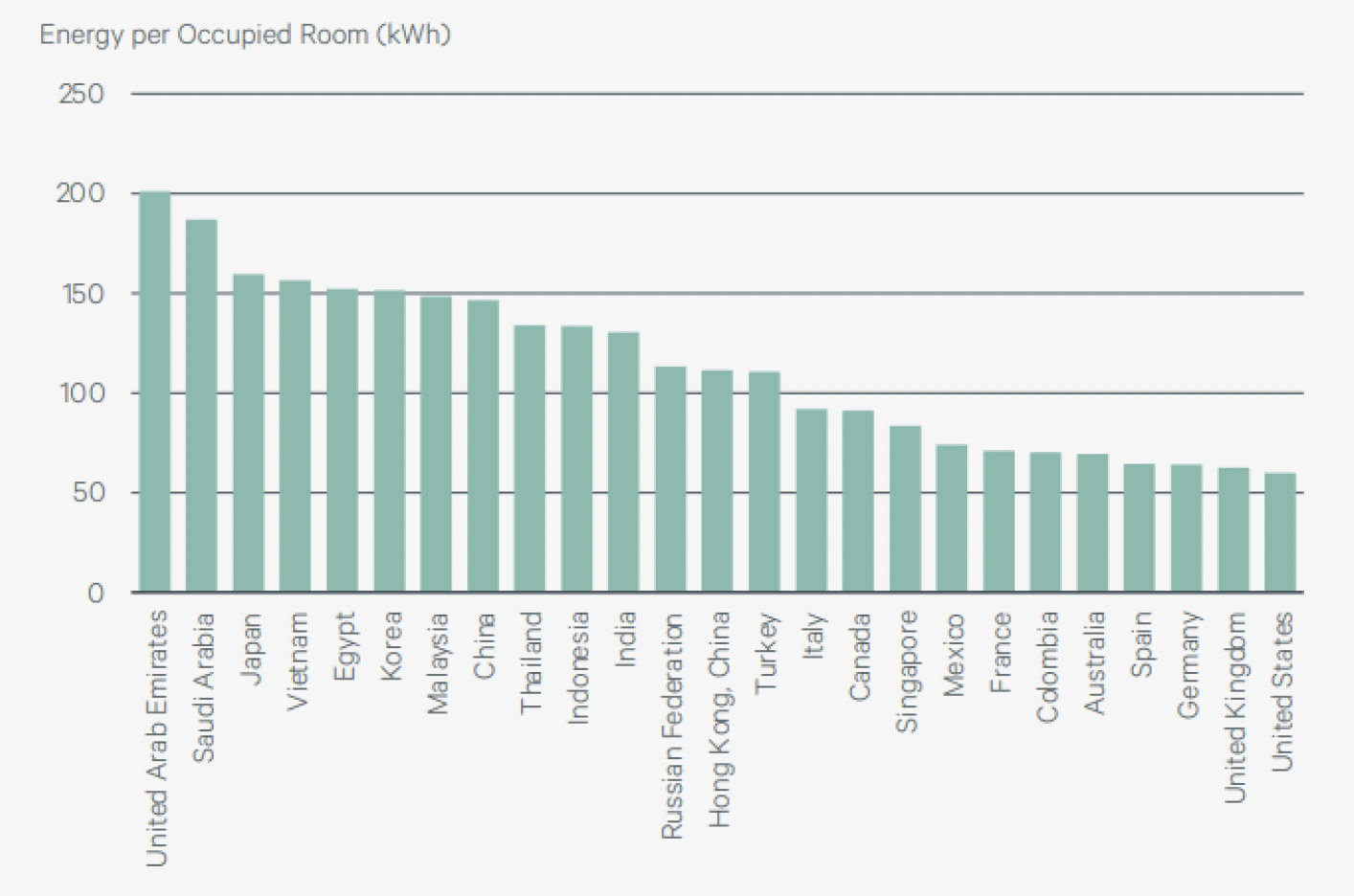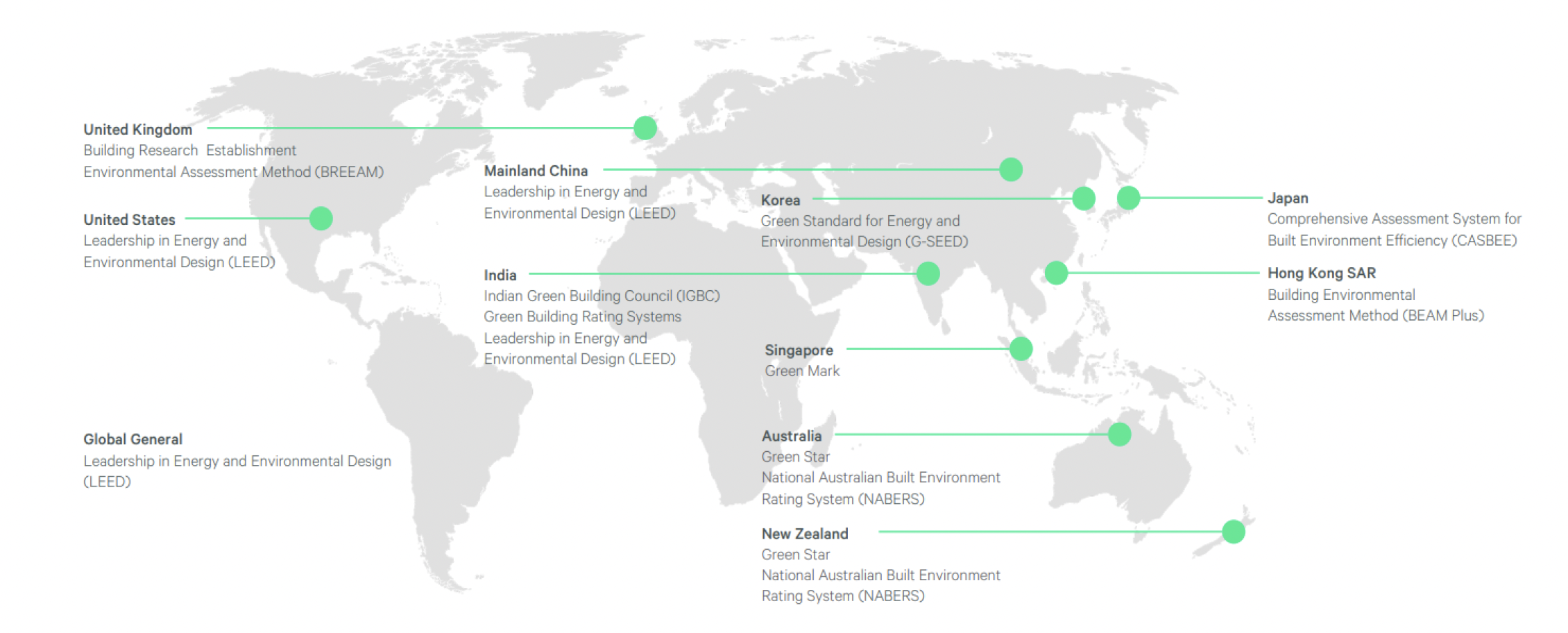 Alexander Muir | Senior Lecturer & Subject Lead in Hospitality, Events & Tourism
Alexander Muir | Senior Lecturer & Subject Lead in Hospitality, Events & Tourism
Sustainable Tourism: New Career Trends in the Hospitality Industry
Sustainability and ESG Adoption in the Hotel Industry
Sustainability is and will become a key part of many our roles in the hospitality industry, the incorporation of sustainability tasks at an operational level can include the overseeing of food waste, energy, and carbon emission objectives. Furthermore, at a strategic level Hotel Managers and General Managers must actively examine suitable green accreditation and programs to ensure both compliance with industry standards and costumer expectations. At a marketing and sales level, customers and corporate clients expect a robust environmental program and a green supply chain that embeds their own green or CSR objectives. The property green credentials must therefore be communicated in an effective consistent manner across all marketing channels that is relatable to a range of demographics. The following report below examines sustainability in the industry and particular areas of focus that will impact all our careers in the sector.
The recent publication of the Sustainability and ESG Adoption in the Hotel Industry: A Global Status Update from the CBRE outlines how increasing employee and customer engagement is driving the hotel industry to implement sustainability and at both an individual property level and across the hotel groups. According to the report, the focus of these initiatives is based on four core areas including, energy efficiency, carbon emission, water conservation and water reduction (CBRE, 2023). For example, figure 1.0 shows energy per occupied room with the UK ranking well on both at a European and global level. In many cases, the Engineering division in a hotel will directly oversee this and this has become a key task and skill needed in terms of the ability to understand and implement sustainable technological systems.

Figure 1.0 Shows energy per occupied room
Furthermore, the report outlines the main green building certifications and standard agency across the globe as outlined in Figure 2.0. In the UK, we have seen the implementation and updating of various legislation identified below. A key career trend will the capacity of the senior management to understand current legislation and predict future changes to ensure compliance at a property and group level. Therefore, a better understanding of the legal framework governing green legislation will be needed particularly at an executive committee level.
- The Waste Controls (England and Wales) Regulation 2011- Requires registering for carrying of waste
- Environmental Damage (Prevention and Remediation) Regulations 2009- Hotels must report any damage to land or the environment
- BREEAM 2023 (Building Research Establishment Environmental Assessment Method)
- ISO 14021:5.7- International Standard specifies requirements for self-declared environmental claims, including statements, symbols, and graphics, regarding products

Figure 2.0 Green building certifications and standard agencies across the globe
The report also expects that further to the legislation, mandatory disclosure requirements and high energy prices will further incentivise property owners to adapt green energy efficient initiatives at a property level and to avoid possible penalties for non-disclosure requirements. It is also stated that hotel owners are aware of the possible financial savings of sustainable initiatives and the impact of non-action on brand reputation (CBRE,2023). For example, a recent policy document by Melia hotels on Climate Change and Environmental Policy outlined a series of initiatives at a group level overseen by the Board of Directors and its Sustainable Committee.
For example, at one property in the Melia group they have initiated several programs including the recruitment of disabled staff, changing their supply chain to focus on local farmers, a paperless program, a reduction in plastic initiatives and a beach cleaning and coral plantation program (Melia Hotels, 2022). Another element that has been outlined by the report is the effect of climate change on the local environment in terms of flooding, water drought, water stress and increased temperatures. These factors are now significant considerations for hotel operators in addressing their sustainable initiatives at a property level. At both a department and division level there is a need to be conscience that various initiatives must be green and environmental driven, thus, a requirement to understand green procurement and supply chains at a local level is and will continue to be a key skill. Training will need to be delivered to understand and implement this into the operational consideration of new projects from renovations, new menu launches or various initiatives as part of the property’s marketing calendar.

Figure 3.0 Shows the changeover to sustainable non plastic products within the rooms and the creation of fertiliser on site that is then collected by local farmers.
The report concludes that there will be a slowing in short term progress due to mix of industry and global economic challenges but that stakeholders need to have a focus on trends, environmental initiatives and have an oversight of their ESG policy. This combined with developing the right internal resources to tackle these challenges needs to be a strategic priority (CBRE,2023).
References
CBRE (2023). Sustainability and ESG Adoption in the Hotel Industry: A Global Status Update. [online] www.cbre.com. Available at: https://www.cbre.com/insights/reports/sustainability-and-esg-adoption-in-the-hotel-industry.
www.meliahotelsinternational.com. (2024). Meliá Hotels International - Meliá’s official corporate website. [online] Available at: https://www.meliahotelsinternational.com/en.